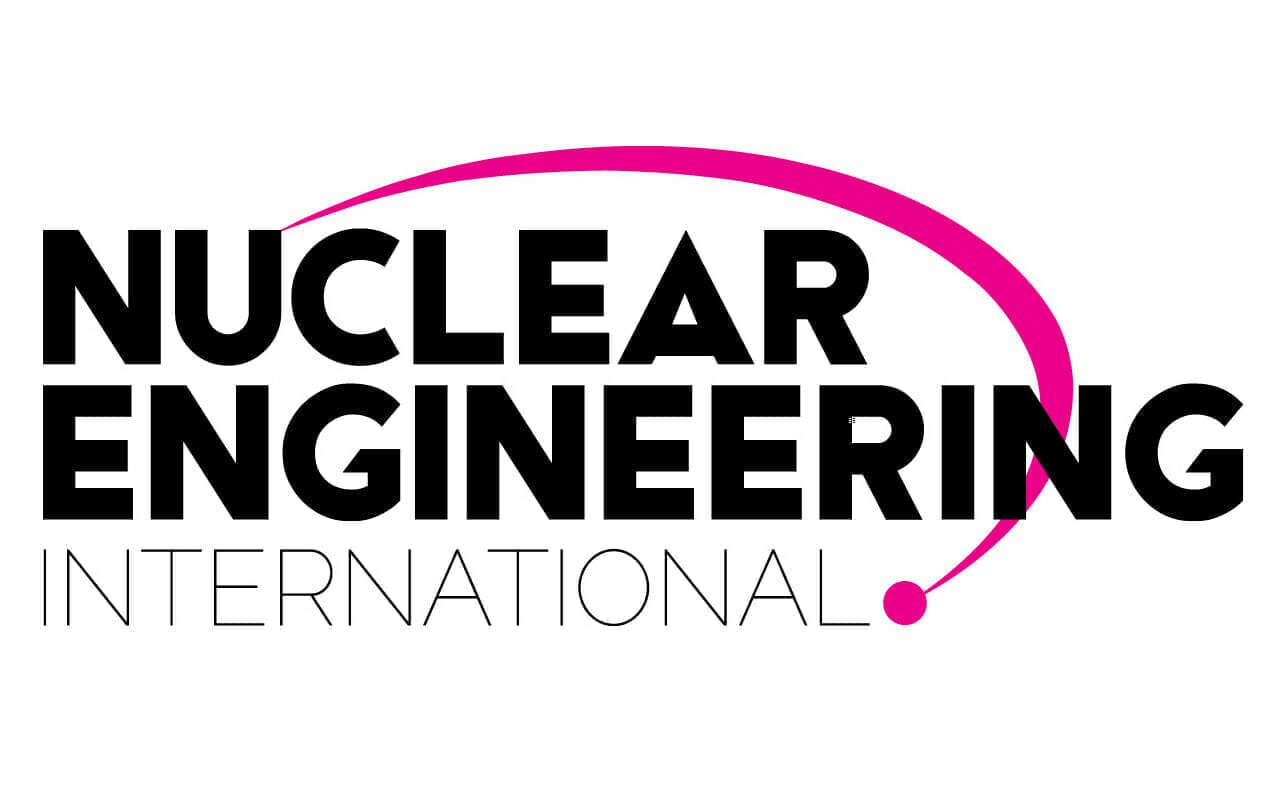OAKVILLE, ON – November 8, 2017 – Terrestrial Energy, a leading advanced reactor vendor, has received notice from the Canadian Nuclear Safety Commission (CNSC) that it has successfully completed the first phase of the CNSC’s pre-licensing vendor design review for its Integral Molten Salt Reactor (IMSR) nuclear power plant design. This represents the first regulatory opinion by a western nuclear regulator of a commercial advanced reactor power plant design.
Terrestrial Energy Chief Executive Officer Simon Irish said: “Completing phase 1 of the vendor design review – the first advanced reactor to do so – is a landmark achievement. It places the company as an early leader in a fast growing technology sector. The IMSR nuclear power plant is a transformative energy technology that is now one step closer to making a major contribution to the world’s growing demand for low-cost, clean and reliable energy.”
Commercializing an advanced reactor power plant design such as the IMSR involves a range of activities that must be undertaken at an early stage to support deployment. These include regulatory and industrial engagement, site selection, and government support. Terrestrial Energy has made strong progress in these important areas:
- Terrestrial Energy was the first advanced reactor vendor to enter the regulatory process in Canada, and now the first to have its design assessed.
- Terrestrial Energy is studying the feasibility of a number of sites in North America, including Canadian Nuclear Laboratories at Chalk River, Ontario for building its first commercial power plant.
- Terrestrial Energy has received a Sustainable Development Technology Canada grant.
- The IMSR power plant design is the first and only advanced reactor power plant project to enter the invitation-only stage of the U.S. Department of Energy’s loan guarantee program for construction financing support, with Idaho National Laboratory under consideration as a lead site.
“International energy agencies recognize that intermittent renewables such as wind and solar alone cannot meet all the demands of a global clean energy system and agree that nuclear energy will play a critical role in meeting our future energy needs. Advanced reactors offer a new and transformative set of nuclear technologies that are zero-emission, have far greater industrial application, and make nuclear power plants more economical and easier to finance” Irish said.
The CNSC’s vendor design review verifies that the reactor’s design meets the basic requirements for a nuclear power plant in Canada but does not certify or license the reactor.
(CNSC Pre-Licensing Vendor Design Review page: http://nuclearsafety.gc.ca/eng/reactors/power-plants/pre-licensing-vendor-design-review/)
About Canadian Nuclear Safety Commission
The Canadian Nuclear Safety Commission (CNSC) regulates the use of nuclear energy and materials to protect health, safety, security and the environment, and to implement Canada’s international commitments on the peaceful use of nuclear energy; and to disseminate objective scientific, technical and regulatory information to the public.
CNSC was established in 2000 under the Nuclear Safety and Control Act and reports to Parliament through the Minister of Natural Resources. The CNSC was created to replace the former Atomic Energy Control Board (AECB), which was founded in 1946.
The Commission has up to seven appointed permanent members whose decisions are supported by more than 800 employees. These employees review applications for licences according to regulatory requirements, make recommendations to the Commission, and enforce compliance with the Nuclear Safety and Control Act, regulations, and any licence conditions imposed by the Commission.



